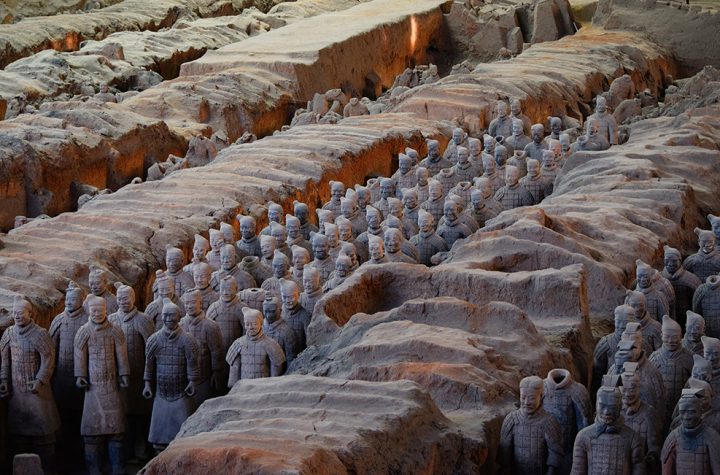
All of these behaviours reinforce the view that it was a profound historical error to have engaged rather than to have contained China. US Secretary of State Mike Pompeo has articulated a doctrine of not just containing China but of diminishing its present standing.
Australia was among the first in the OECD to recognise the profound potential of Chinas early reforms to transform the country economically, creating enormous opportunity for Australia as a result. Australian politicians and diplomats did not carry ideological baggage into the relationship like their US counterparts. The Australians had a pragmatic and realist set of objectives for engaging China.
First was to encourage China to open its markets to foreign trade and investment, which would create economic opportunities for Australia. (At the time this was happening in the 1980s, no one had any sense of the scale this would eventually take and the huge contribution China would make to raising Australian living standards.)
Each of the objectives of Australian policymakers … have been achieved and well beyond what might reasonably have been expected in the 1980s.
As part of this, China was to be encouraged and assisted in moving from centrally planned allocation of resources to more market allocation so as to increase efficiency and hence economic growth. The faster China could grow, the greater the potential economic benefit for Australia would be, provided Australia itself would undertake the necessary reforms needed to make itself an efficient and hence competitive supplier to the Chinese market. In this way, Australias engagement with China also helped to push necessary policy reforms in Australia, again to the benefit of Australias living standards. Note the prevalence of self-interest over ideology.
Second, it was understood that a more prosperous China would become a more stable and settled China politically. When the Wests engagement with China began in the 1980s, China had endured more than a century of turbulence and instability during the fading Qing Empire, nationalist government, Japanese occupation and communist chaos lasting until 1976. Much of this was within living memory of people within and outside China.
A more prosperous and settled China would also be less of a threat to stability along the 22,000 kilometres of land borders it shares with 14 other countries. Apart from three highly contained clashes with India since the Sino-Indian border war of 1962, the last military conflict occurred in 1979 when China invaded Vietnam, only to retreat after a few months. By and large, Chinas borders have been peaceful for more than 40 years.
Third, an unstable, crisis-ridden China would have seen a huge outflow of refugees into the region. By the 1980s, large refugee movements in the region were still of major policy concern. Across the region, countries hosted camps of refugees from the Indo-China conflicts. Australia had been a major and generous destination. Mass refugee outflows from China could have destabilised the region and harmed security for many countries. Fortunately, this never happened but remains an ever-present risk were China to experience economic, political and social collapse.
Viewed from today, each of the objectives of Australian policymakers free of ideological blinkers when they decided to engage China, have been achieved and well beyond what might reasonably have been expected in the 1980s.
Far from buyers remorse, it has proved to be an outstandingly successful investment for Australia. Chinas becoming like us was never part of the bargain. That China would contribute substantially to Australias prosperity and security was, and that is still the case today.





More Stories
As the pandemic wreaks havoc on TV and movie ‘love lives’, intimacy coordinators need to find ways to adapt